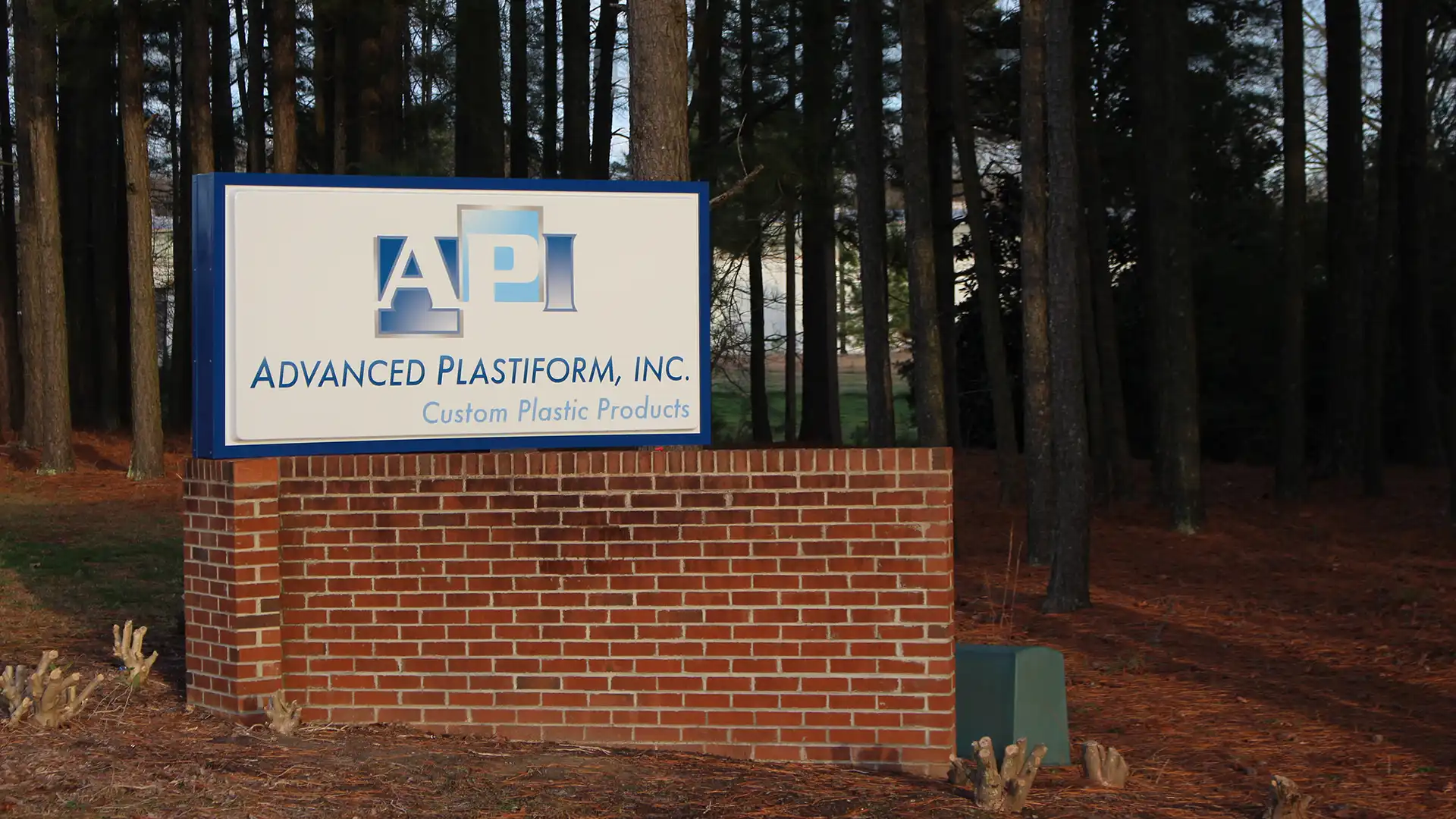In the dynamic world of plastic manufacturing, the choice of materials holds the key to…
ABS is one of the most commonly used thermoplastics used in injection molding and thermoforming, but what makes it so popular, and is it the right material for your next project? Our thermoforming company in North Carolina is breaking down what ABS is, its properties, and where it's often used to give you some more insight into this material
What Is ABS Plastic?
ABS is short for acrylonitrile butadiene styrene which forms by polymerizing the organic compounds styrene and acrylonitrile with polybutadiene, which is a synthetic rubber. This is a thermoplastic material, meaning it will soften then become liquid at a certain temperature, which is called the "glass transition." As it cools, the material hardens into a new shape, and it can also be heated and melted again. Exposure to heat and cold affects its liquid or solid state but does not affect the chemical makeup of the plastic - it doesn't turn into another material at a certain temperature as thermosets do.
Properties and Qualities of ABS
Now that we know what ABS is, let's consider its properties.
- A low glass transition temperature of just 221 degrees Fahrenheit;
- Easy to use in injection molding, thermoforming, and 3D printing;
- Easy to process by drilling, cutting, or milling;
- Highly recyclable compared to other plastics;
- Inexpensive raw materials;
- Resistant to corrosion;
- High impact resilience;
- Excellent insulation properties for electrical components;
- Opaque;
It's not surprising that ABS is so widely used as it's easy to use in a variety of settings, inexpensive, and is designed to handle wear and tear. It is important to consider the challenges of ABS, including:
- Can be hazardous when burned and produces large quantities of smoke;
- Limited use in food packaging;
- Not resistant to UV rays and can fade and crack over time;
- Not resistant to solvents and chemicals, and exposure can cause damage.
Because of these factors, along with its low melting point, ABS is primarily ideal for indoor use and away from extreme temperatures, chemicals, or flame.
Common Uses for ABS
Because ABS is so sturdy, stiff, and able to hold up to impact and heavy use, you find it in a wide variety of products that are designed to take a hit. When a hard, highly durable, inexpensive plastic is needed, manufacturers often turn to ABS. Examples include:
- Hard casing for luggage
- Car trunk tubs and car door interiors
- LEGO bricks
- Keyboard keys
- Kitchen appliances
- Power tool housing and cases
- Car door interiors
- Camera housing
Also, ABS is often used in 3D printing, so you will often see it used in prototyping, even if the final material will be made out of something else.
Contact Us for a Free Quote on Thermoformed Plastics
If your company needs custom plastics, whether made from ABS or another material, reach out to Advanced Plastiform, Inc. today for a free quote. We manufacture custom plastics that are accurate to the design, durable, and long-lasting while providing low per-unit pricing and fast turnaround times. Our company works with industries across the Mid-Atlantic and Southeast, including North Carolina, South Carolina, Pennsylvania, Maryland, Tennessee, Georgia, and Virginia.

